History Makers
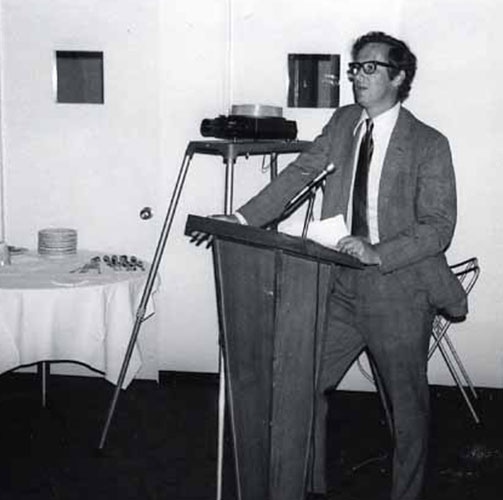
Malcolm H. Kerr
AUB President and Middle East Scholar
- Great Scholars and Teachers
- 1984
- 1959-1961 as professor; 1982-1984 as president
- Princeton University, BA 1953; AUB, MA 1955; John Hopkins University, PhD 1958
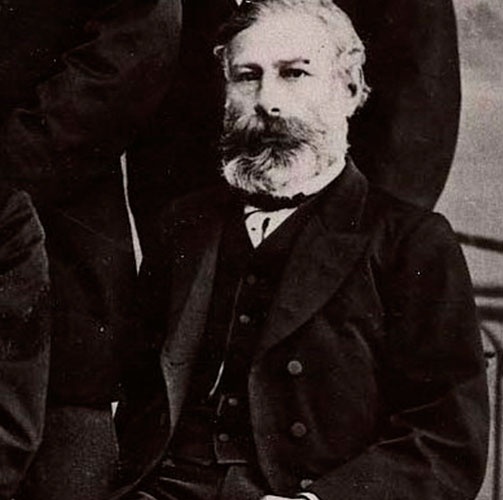
John Wortabet
Medical Doctor and Theologian
- Pioneers in Health
- 1867
- 1871-1889 as professor of anatomy and physiology
- American Board of Commissions and Foreign Ministers
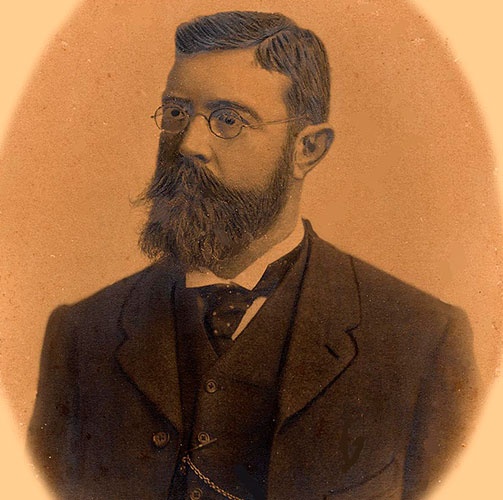
Robert Haldane West
Preeminent Educator
- Great Scholars and Teachers
- 1866
- 1884-1906 as professor of mathematics and astronomy and dean of the collegiate department
- Princeton University
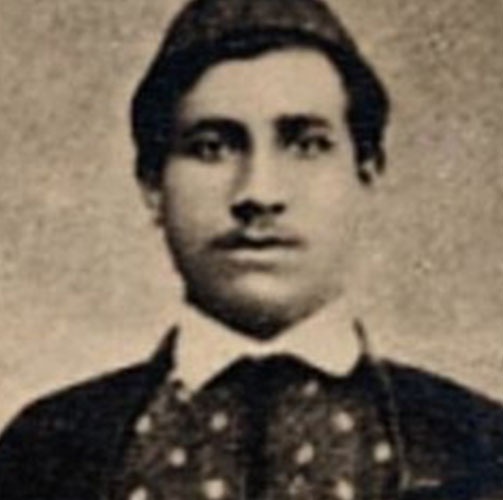
Yaqub Sarruf
Pioneering Writer, Publisher, and Translator
- Virtuoso Artists and Writers
- 1870
- SPC, BA 1870
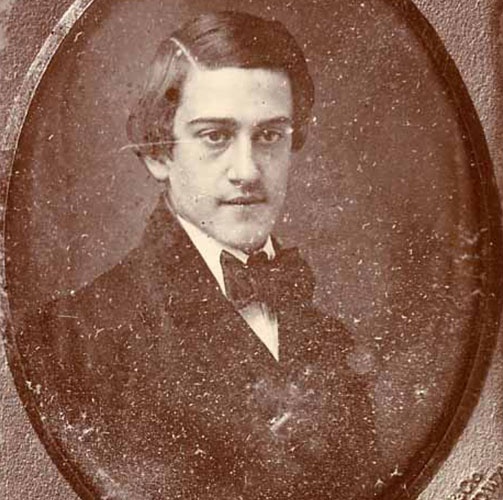
George Edward Post
Pioneering Medical Doctor
- Pioneers in Health
- 1866
- University Medical College in New York, MD 1860
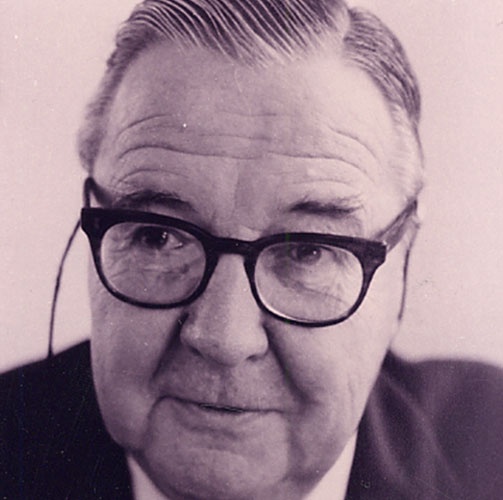
Calvin Plimpton
AUB President
- University Founders and Leaders
- 1960
- 1960‒87 as professor of medicine, trustee, and president
- Amherst College, BA 1939; Harvard University, MS 1947; Harvard University, MD 1943; Columbia University, DMedSc
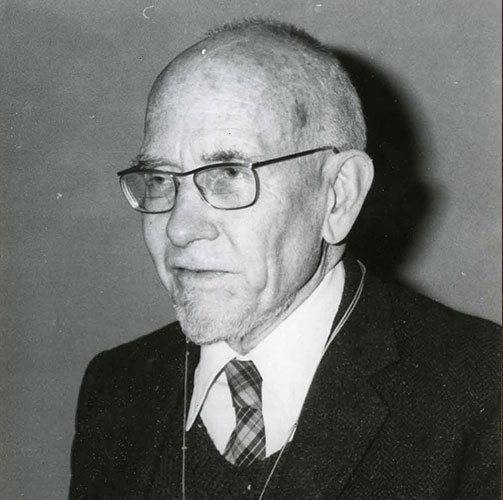
Edward Kennedy
Mathematics Professor
- Great Scholars and Teachers
- 1946
- 1946 to 1976 as professor of mathematics
- Lafayette University, BS Electrical Engineering 1932; Lehigh University, PhD Mathematics 1939
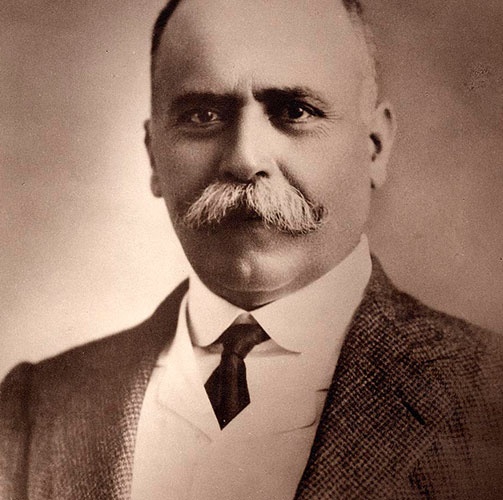
Jabr Dumit
Arabic Language Professor
- Great Scholars and Teachers
- 1905
- 1889-1923 as professor of Arabic language and literature
- AUB, BA English 1976
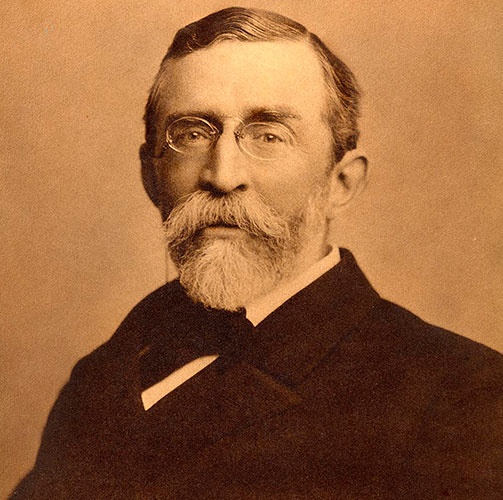
David Stuart Dodge
SPC Co-Founder and Theologian
- University Founders and Leaders
- 1871
- 1871-1921 as professor of English and Latin and trustee
- Yale University; Union Theological Seminary
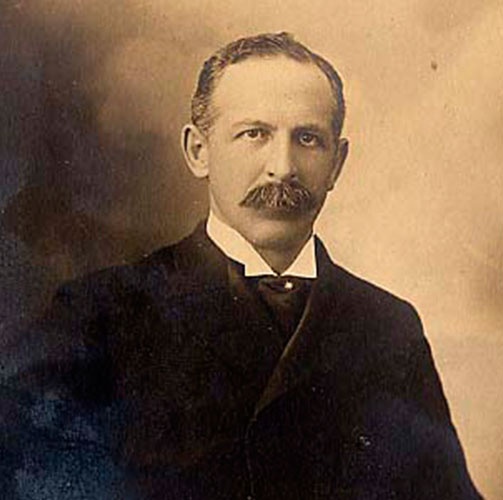
Howard S. Bliss
AUB President
- University Founders and Leaders
- 1903
- 1902-1920 as president of AUB
- Amherst College; Union Theological Seminary
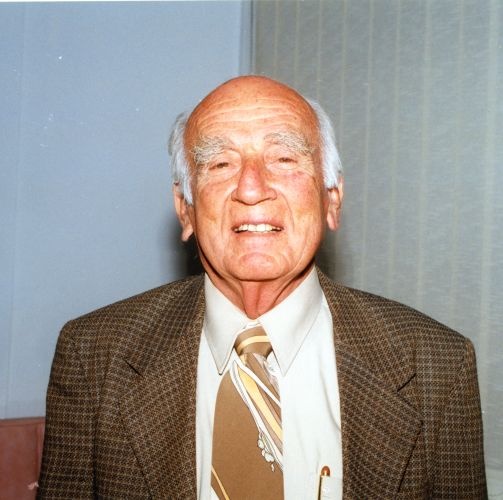
Ibrahim Dagher
Pioneering Surgeon
- Pioneers in Health
- 1947
- AUB, BA 1947; AUB, MD 1951
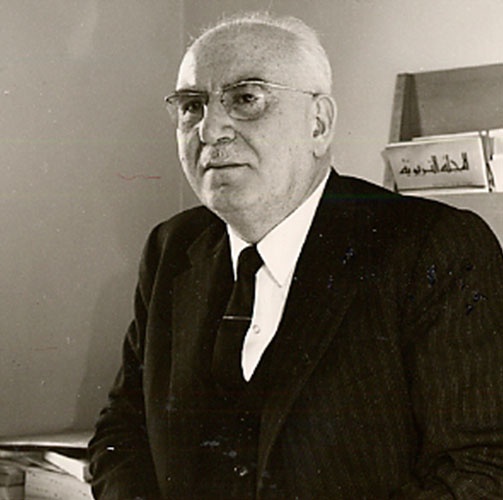
Constantin K. Zurayk
Influential Syrian Arab Intellectual
- Great Scholars and Teachers
- 1928
- AUB, BA History 1928; University of Chicago, JD 1929; Princeton University, PhD 1930
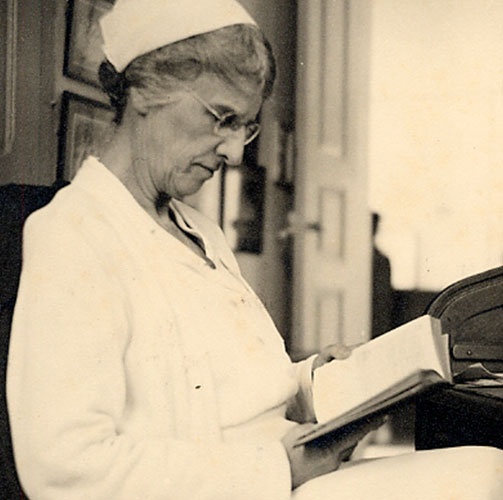
Jane Elizabeth Van Zandt
Nursing School Founder
- University Founders and Leaders
- 1905
- 1905-1941 as head of AUB's nursing program
- New York Post Graduate Medical School
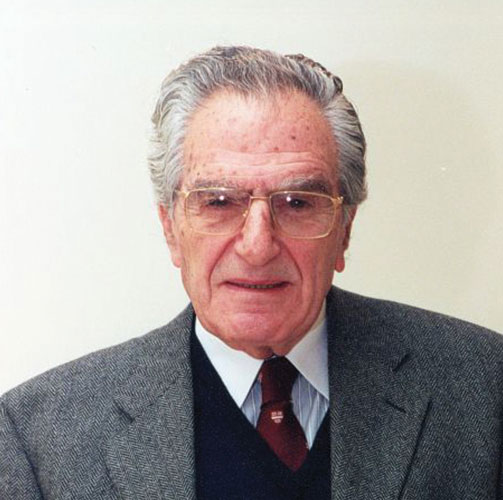
Ghassan Tueni
Preeminent Lebanese Journalist, Politician, Statesman
- Virtuoso Artists and Writers
- 1945
- AUB, BA 1945; Harvard University, MA 1947
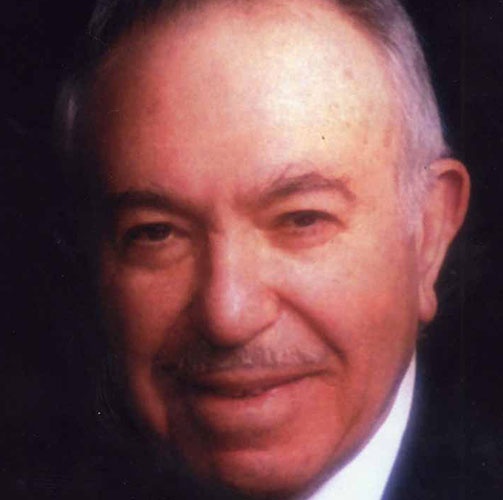
Kamal Shair
Entrepreneur, Trustee
- Leaders in Business
- 1949
- 1956-62, 1990-2008 as assistant professor of engineering sciences and trustee
- AUB, BS 1949; University of Michigan, MS Engineering 1950; Yale University, PhD 1955
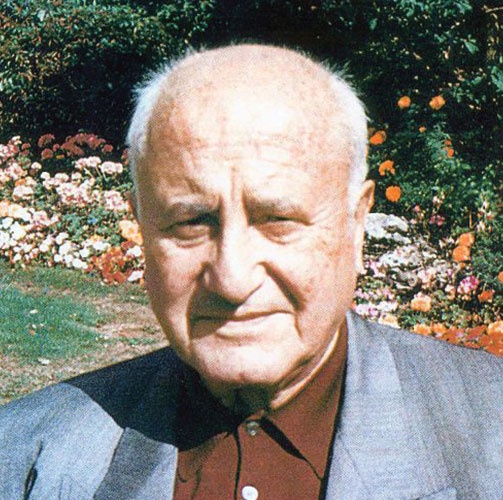
Hassib Sabbagh
CCC Founder, Engineer, Philanthropist
- Innovative Engineers and Scientists
- 1941
- AUB, BA General 1941
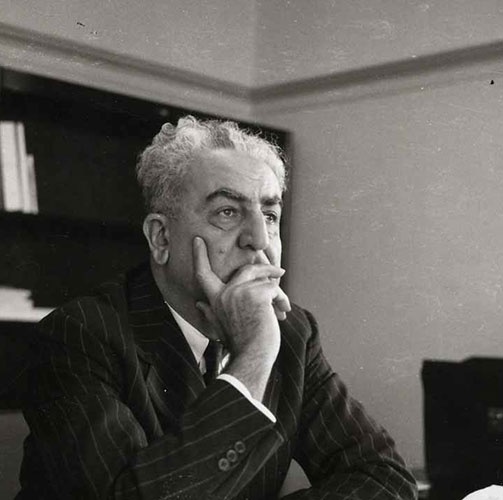
Charles Malik
Academic, Signed UN Charter
- Activists and Public Servants
- 1927
- AUB, BA Mathematics and Physics 1927; Harvard University, MA; Harvard University PhD Philosophy
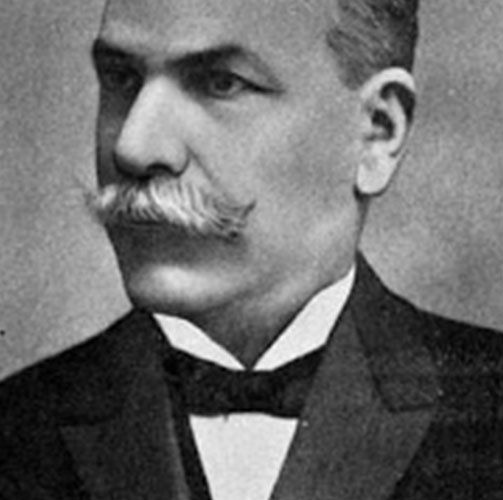
Nami Jafet
Teacher, Brazilian Entrepreneur
- Leaders in Business
- 1882
- SPC, BA General 1882
